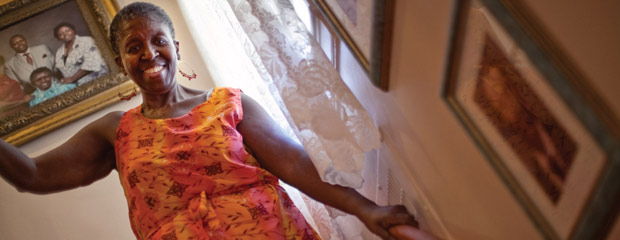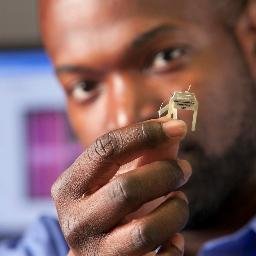HealthCetera: looking ahead, not looking back.
Jane Sarasohn-Kahn, Founder, Health Economist, Advisor, Blogger at THINK-Health and Health Populi blog wrote Nursing Is Seen As The Most Ethical Profession in America; Congress Members, Least. In her post she analyzed results from the 2016 version of the annual Gallup poll on ethics in professions, Americans Rate Healthcare Providers High on Honest, Ethics, published last month.
Sarasohn-Kahn wrote:
“As President Trump begins to lead the country as a health reform president, potentially repealing the Affordable Care Act, healthcare providers can leverage the goodwill they have among the electorate crossing the political aisle. The Gallup survey illustrates a huge chasm between politicians and healthcare. Nurses in America have been strong political players in the past, especially as patient advocates. I expect and respect that they will continue to play this role in health reform developments in and beyond 2017.”
We agree with Jane Sarasohn-Kahn.
HealthCetera’s Nurse Messenger Training is designed for nurses who want to be spokespersons for health and health policy issues. We teach nurses to be media savvy, how to select topics, stories, and issues in their area of expertise and use multiple media platforms to have significant impact on health and health policy.
Nurses who want to up their game and become media makers can contact us to schedule a media training.
We commit to use HealthCetera’s media platforms – this blog, HealthCetera Radio, Twitter and Facebook to probe deeply and honestly about health and health policy issues to engage and inform the public.
HealthCetera is looking ahead, not looking back.
Happy New Year!
Barbara Glickstein
Co-Founder
Jane Sarasohn-Kahn, Founder, Health Economist, Advisor, Blogger





